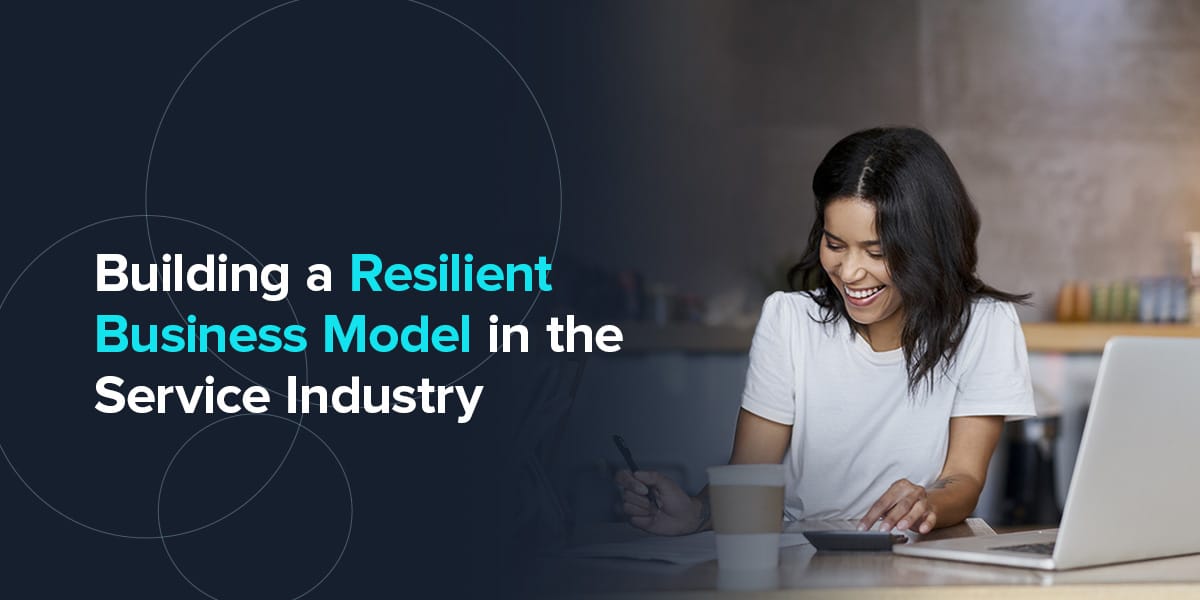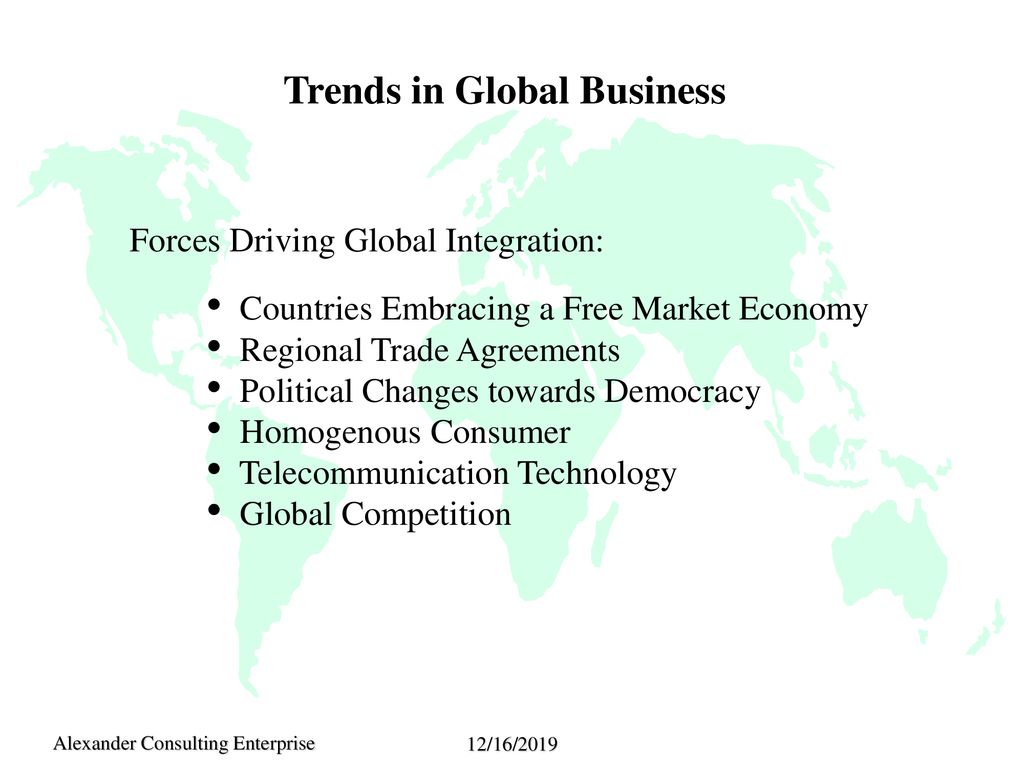In the realm of the digital age, the concept of Future-Proof Business Models emerges as a crucial factor for success. This introduction sets the stage for an exploration that delves into the intricacies of ensuring business longevity amidst technological advancements.
Exploring the essence of what it means to future-proof a business model in today's digital landscape, this discussion aims to shed light on the strategies and tools essential for sustainable growth in a rapidly evolving market.
Future-Proof Business Models in the Digital Age

In the digital age, a future-proof business model refers to a strategy that is adaptable and resilient to the rapid changes brought about by technological advancements. It involves leveraging digital tools and platforms to ensure long-term success and sustainability in a constantly evolving market.
Companies with Successful Future-Proof Business Models
- Amazon: By continuously innovating and expanding its services beyond e-commerce, Amazon has built a robust business model that includes cloud computing, artificial intelligence, and subscription services.
- Netflix: With its data-driven approach to content creation and personalized recommendations, Netflix has disrupted the traditional entertainment industry and secured its position as a leader in the streaming market.
- Tesla: Tesla's focus on electric vehicles, renewable energy solutions, and autonomous driving technology has positioned the company as a pioneer in the automotive industry, setting new standards for sustainability and innovation.
Adapting to Technological Advancements
Adapting business models to technological advancements is crucial for staying competitive and relevant in the digital age. Companies that embrace new technologies can streamline operations, enhance customer experiences, and gain a competitive edge in the market. By investing in digital transformation and innovation, businesses can future-proof their operations and ensure long-term success.
Impact of Digitalization on Traditional Business Models
- Increased Efficiency: Digitalization has enabled businesses to automate processes, optimize workflows, and improve productivity, leading to cost savings and operational efficiencies.
- Enhanced Customer Engagement: Through digital channels and platforms, businesses can reach a wider audience, personalize marketing efforts, and provide seamless customer experiences, fostering loyalty and retention.
- Disruption of Industries: Digitalization has disrupted traditional business models in various industries, forcing companies to adapt or risk becoming obsolete. Businesses that fail to embrace digital transformation may struggle to compete in a rapidly evolving market.
Leveraging Technology for Future-Proofing
In today's rapidly evolving digital landscape, businesses must leverage cutting-edge technologies to future-proof their business models and stay competitive. By embracing innovative solutions, companies can adapt to changing market dynamics and ensure long-term sustainability.
Key Technologies for Future-Proof Business Models
- Artificial Intelligence (AI): AI technologies can automate processes, personalize customer experiences, and analyze data at scale to drive informed decision-making.
- Machine Learning: By utilizing machine learning algorithms, businesses can predict trends, optimize operations, and enhance customer engagement through personalized recommendations.
- Data Analytics: Data analytics tools enable businesses to extract valuable insights from vast amounts of data, helping them make data-driven decisions and identify opportunities for growth.
- Blockchain Technology: Blockchain offers secure, transparent, and decentralized solutions for transactions, contracts, and data management, enhancing trust and efficiency in business operations.
Customer-Centric Approaches in Future-Proofing
Customer-centricity plays a crucial role in building a future-proof business model as it focuses on meeting the evolving needs and preferences of consumers. By placing the customer at the center of all strategic decisions, companies can adapt quickly to changing market dynamics and stay ahead of the competition.
Significance of Customer-Centricity
- Enhances customer loyalty and retention by creating personalized experiences
- Drives customer satisfaction and advocacy, leading to increased brand reputation
- Helps in identifying emerging trends and opportunities through customer feedback and data analysis
Strategies for Leveraging Customer Data
- Utilize advanced analytics tools to gather and analyze customer data effectively
- Segment customers based on behavior, preferences, and demographics for targeted marketing
- Implement AI-driven technologies to personalize product recommendations and communication
Impact of Personalized Experiences
Personalized experiences have a profound impact on the sustainability of digital-age business models as they create deeper connections with customers. By understanding individual needs and providing tailored solutions, companies can drive customer engagement and foster long-term relationships.
Examples of Companies Excelling in Customer-Centric Future-Proofing
- Amazon: Utilizes customer data to offer personalized product recommendations and enhance the shopping experience
- Netflix: Leverages data analytics to tailor content suggestions based on user preferences, improving user satisfaction and retention
- Zappos: Focuses on delivering exceptional customer service and building strong customer relationships through personalized interactions
Agility and Innovation for Sustainable Business Models
In today's rapidly changing digital landscape, agility and innovation are crucial for businesses to stay ahead of the curve and remain competitive. By embracing these principles, companies can future-proof their business models and adapt to evolving market dynamics effectively.
Importance of Agility in Adapting to Changing Market Dynamics
- Agility allows businesses to quickly respond to market trends, customer needs, and competitive pressures.
- Adapting swiftly to changes in the industry can give companies a competitive edge and help them stay relevant in the digital age.
- Businesses that are agile can pivot their strategies, products, and services to meet the demands of the market effectively.
Fostering a Culture of Innovation for Future-Proofing
- Cultivating a culture of innovation encourages employees to think creatively, experiment with new ideas, and embrace change.
- Innovative companies are better equipped to anticipate future trends, disrupt the market, and create new opportunities for growth.
- By fostering innovation, businesses can stay ahead of the competition and continuously evolve their offerings to meet customer needs.
Examples of Businesses Thriving with Innovation and Agility
- Amazon: Constantly innovating with new services like Amazon Prime, AWS, and expanding into new markets to stay ahead.
- Apple: Known for its innovative products like the iPhone, iPad, and Macbook, Apple continuously pushes the boundaries of technology.
- Netflix: Disrupted the entertainment industry by embracing streaming technology and producing original content, staying agile in a rapidly changing market.
Role of Continuous Improvement in Sustaining Future-Proof Business Models
- Continuous improvement involves constantly evaluating processes, products, and services to identify areas for enhancement.
- By seeking feedback, implementing changes, and striving for excellence, businesses can ensure they are always evolving and adapting to meet customer expectations.
- Companies that focus on continuous improvement are better positioned to sustain their future-proof business models and remain relevant in the digital age.
Ending Remarks

As we draw to a close on our discussion of Future-Proof Business Models in the Digital Age, it becomes evident that adaptability and innovation are key components for staying ahead in the ever-changing business landscape. Embracing technological advancements and customer-centric approaches will be paramount for businesses aiming to thrive in the digital era.
FAQ Compilation
How can businesses future-proof their models effectively?
Businesses can future-proof their models by staying abreast of technological trends, prioritizing customer needs, and fostering a culture of innovation within their organization.
What role does data analytics play in future-proofing business models?
Data analytics enables businesses to make informed decisions, understand consumer behavior, and adapt their strategies to meet evolving market demands, thus enhancing the sustainability of their business models.
Why is agility crucial for sustainable business models in the digital age?
Agility allows businesses to respond quickly to market changes, innovate proactively, and stay ahead of competitors in the fast-paced digital landscape, ensuring long-term viability and success.




